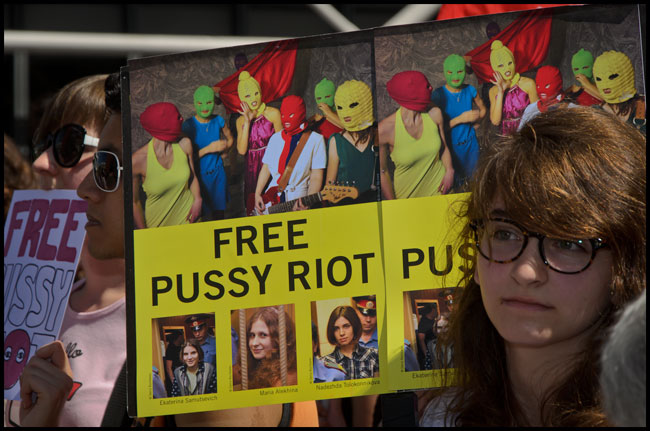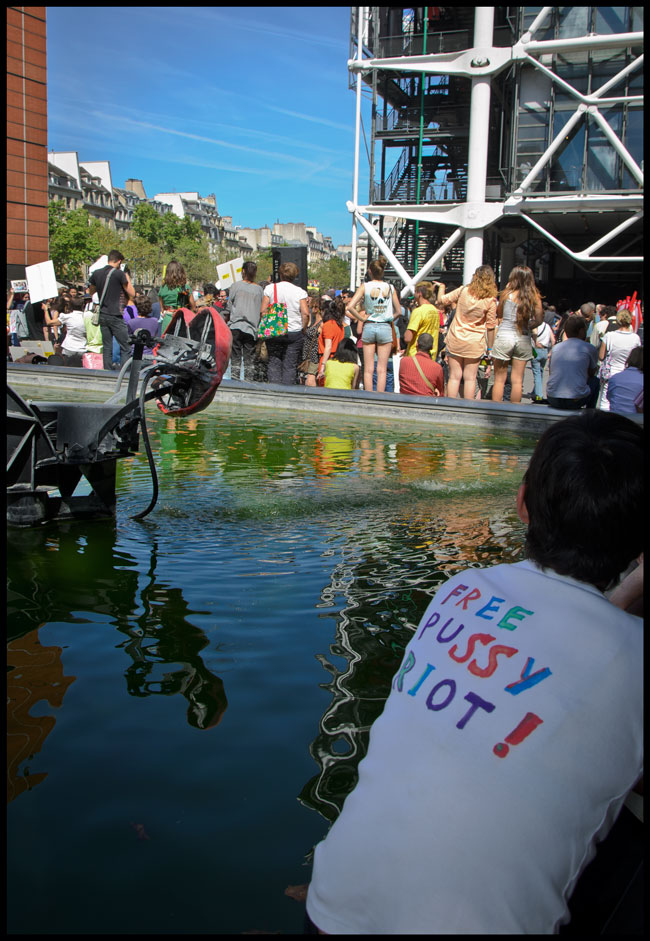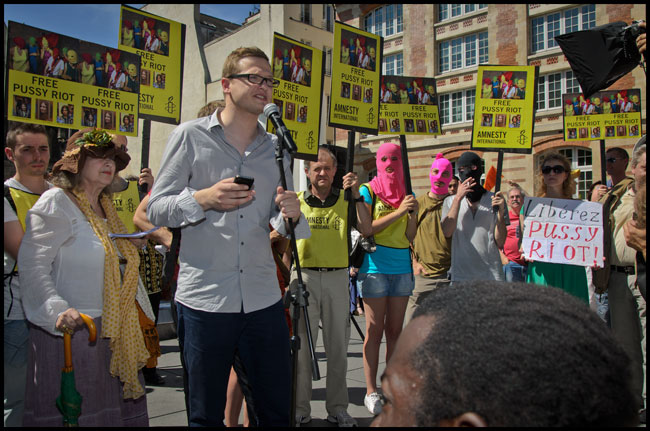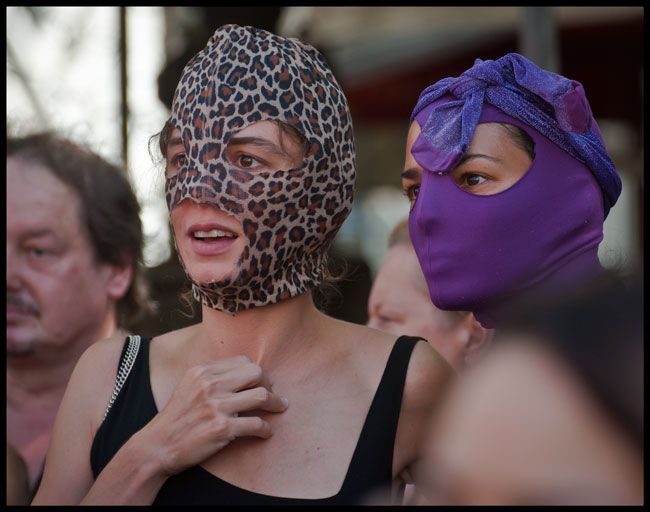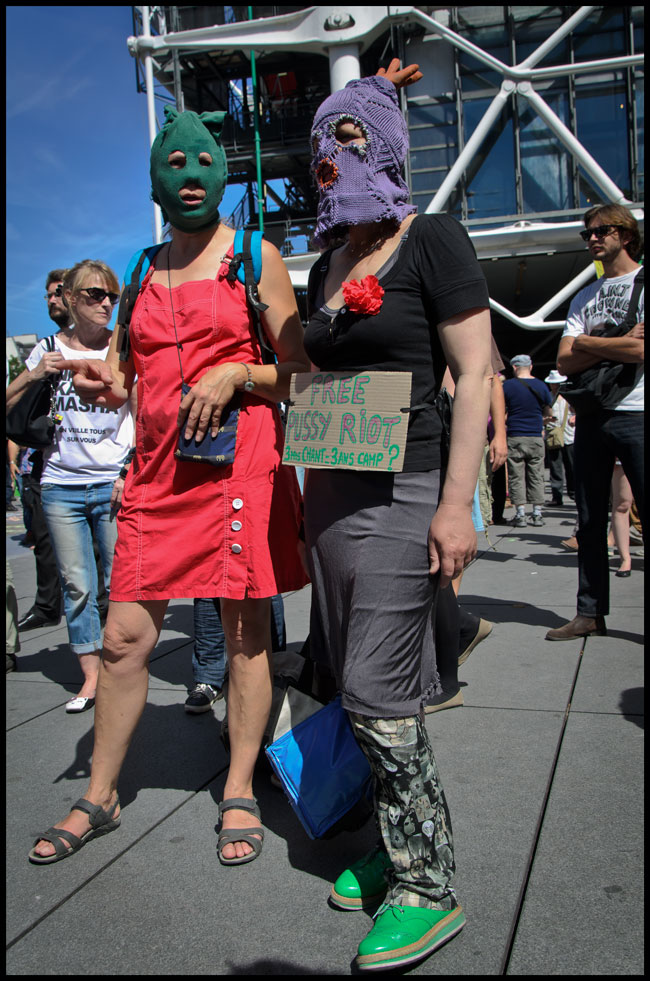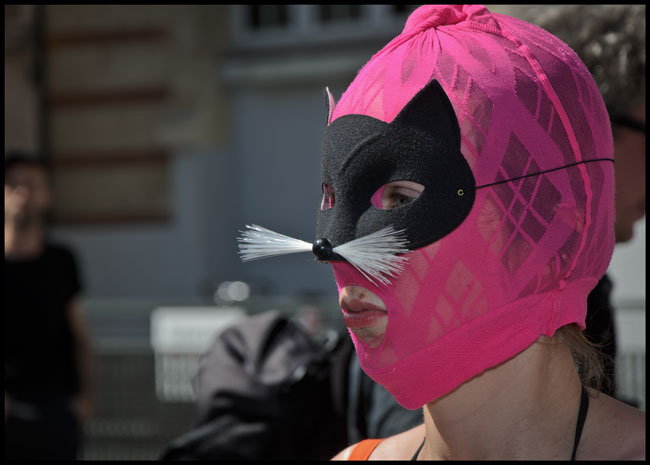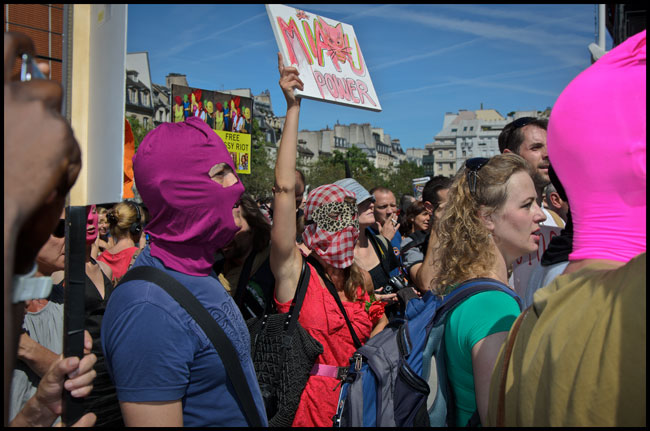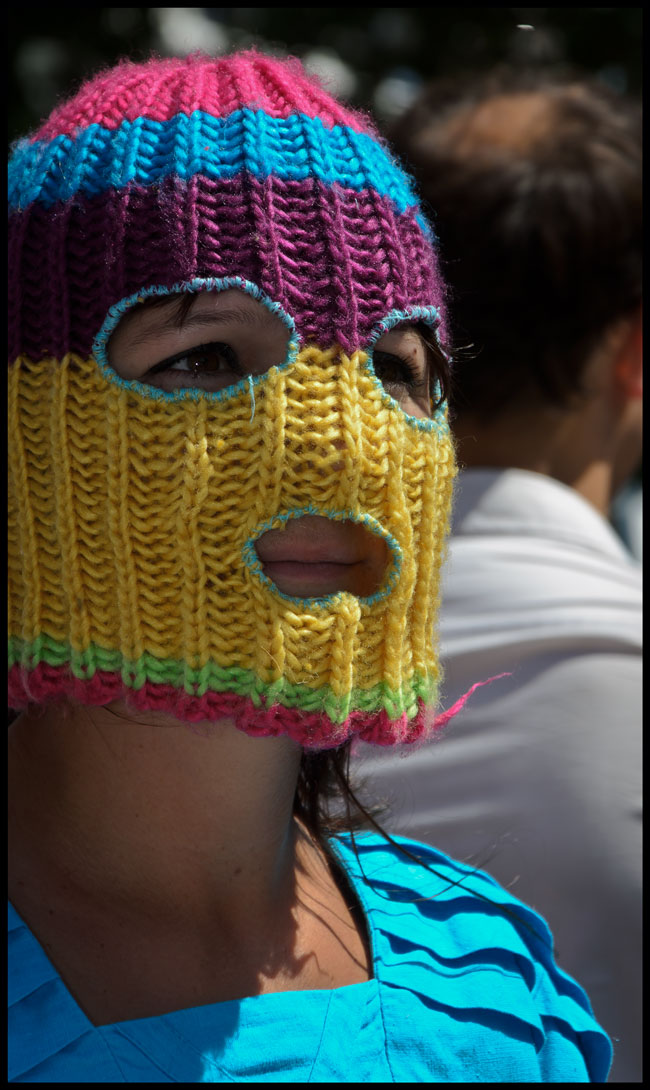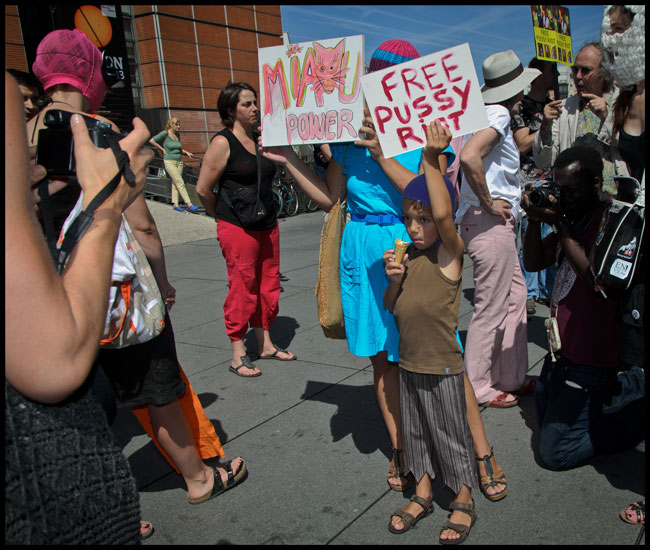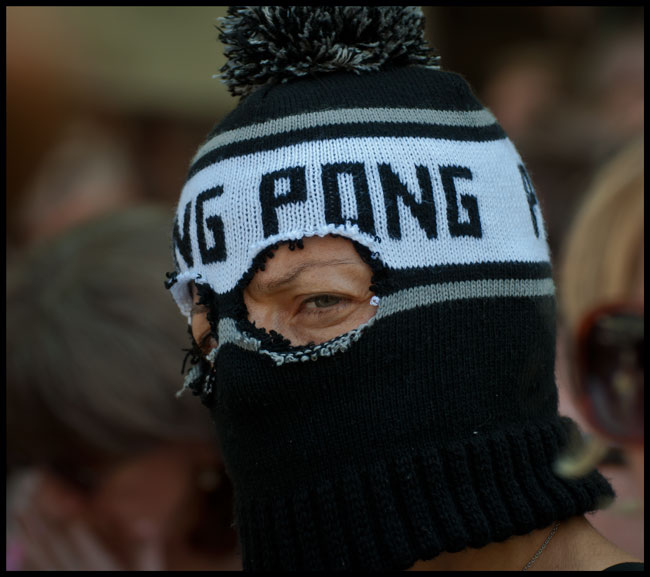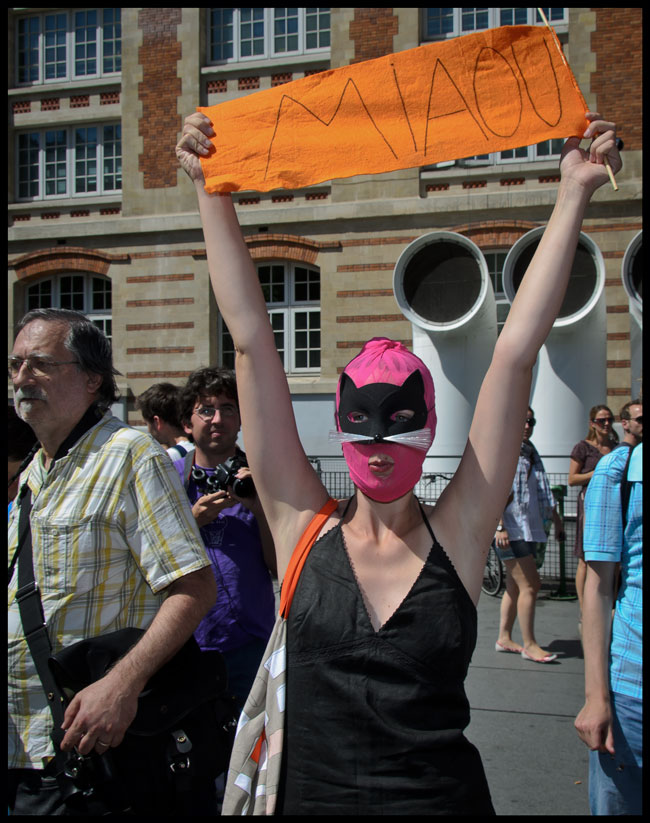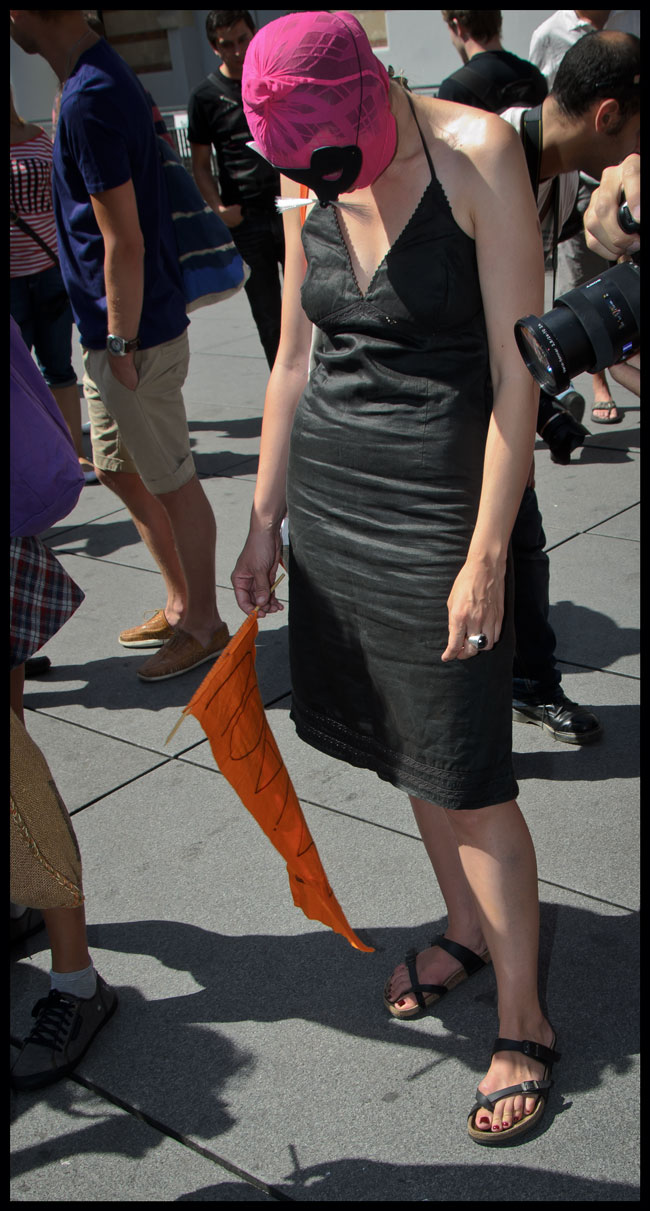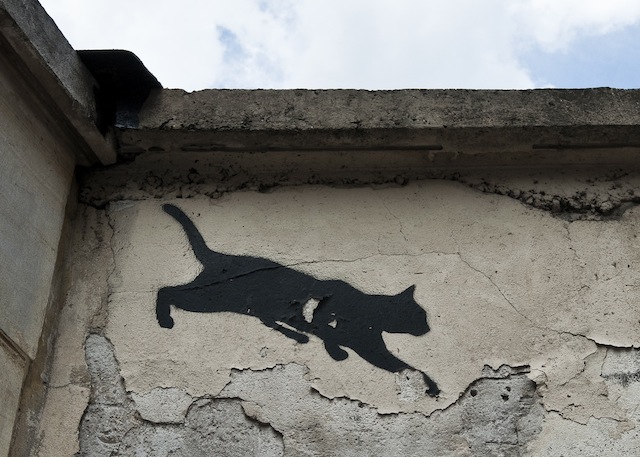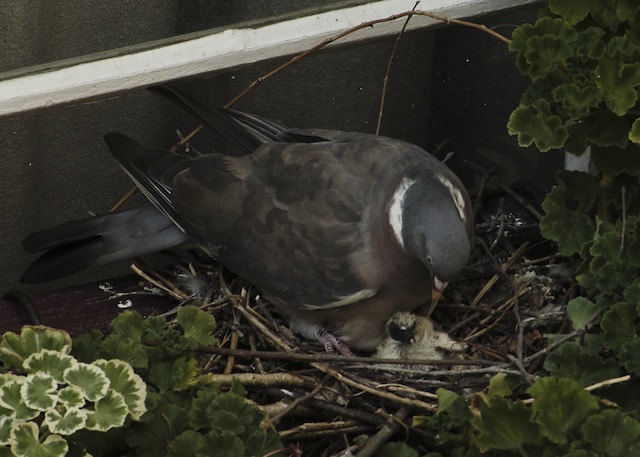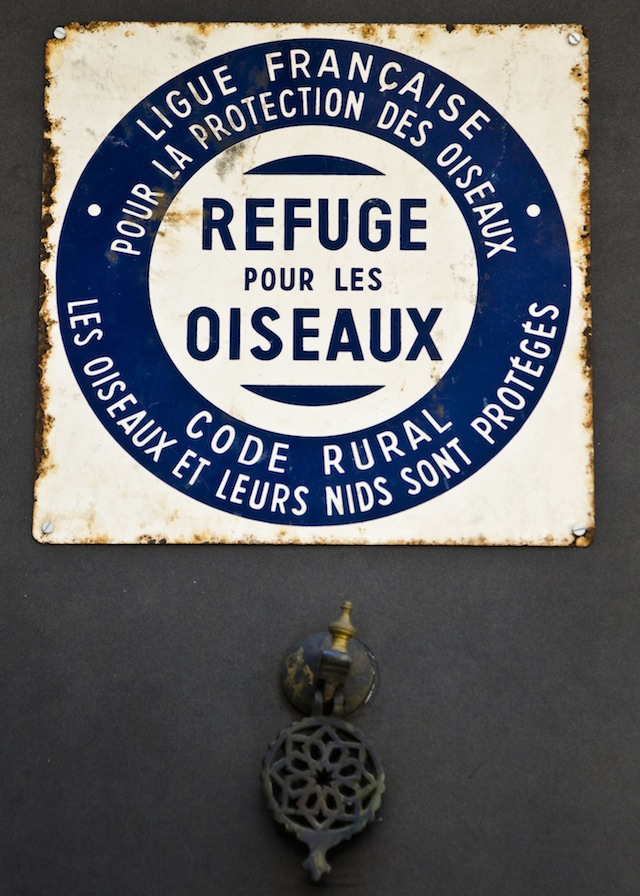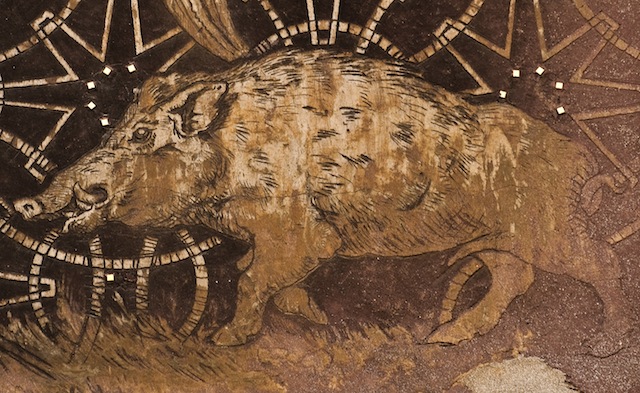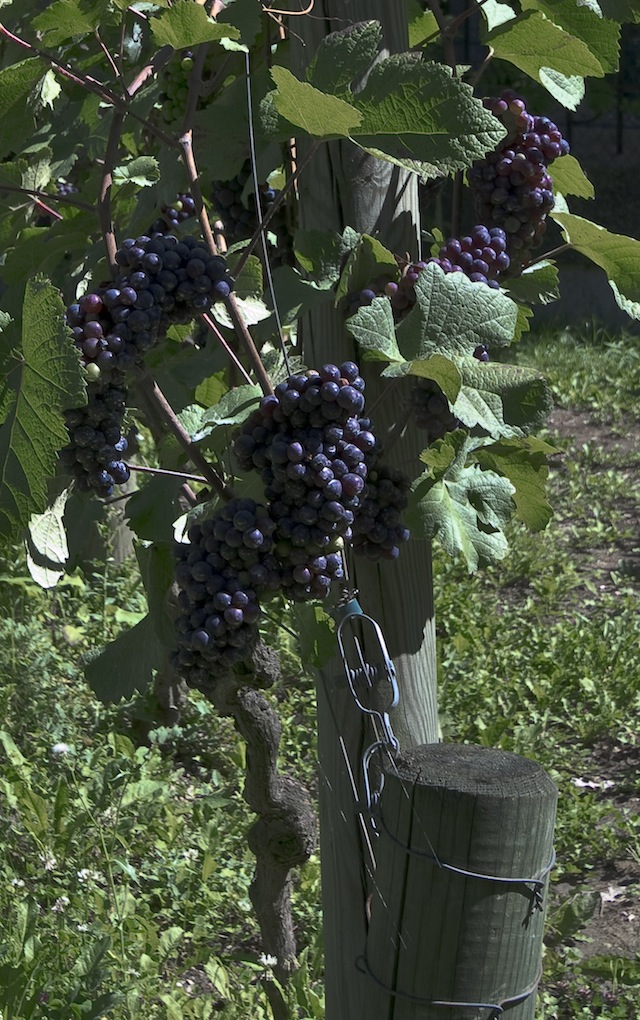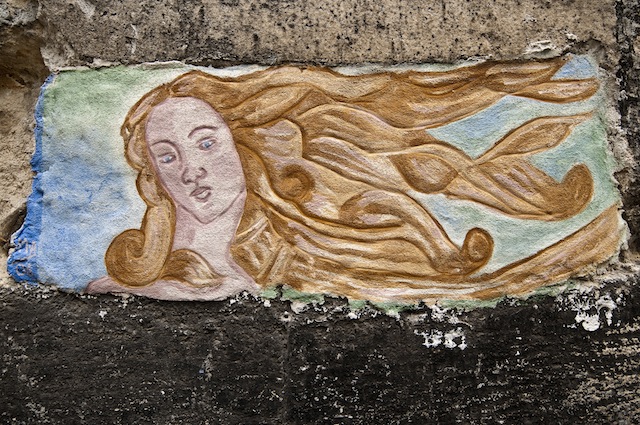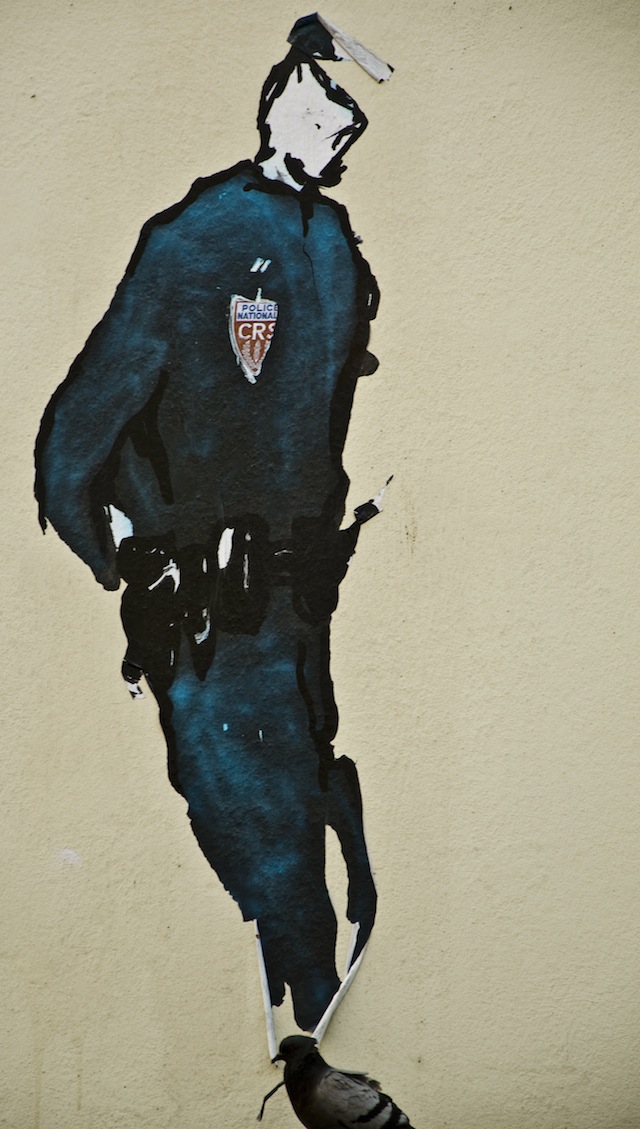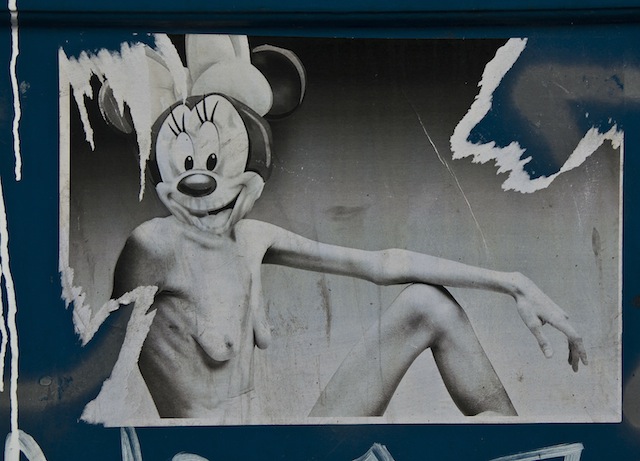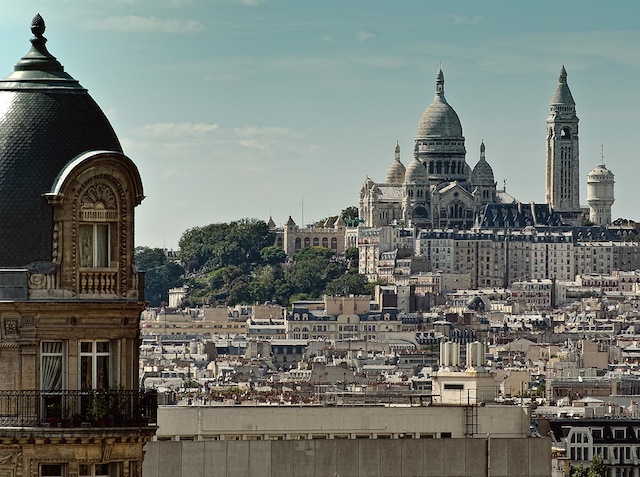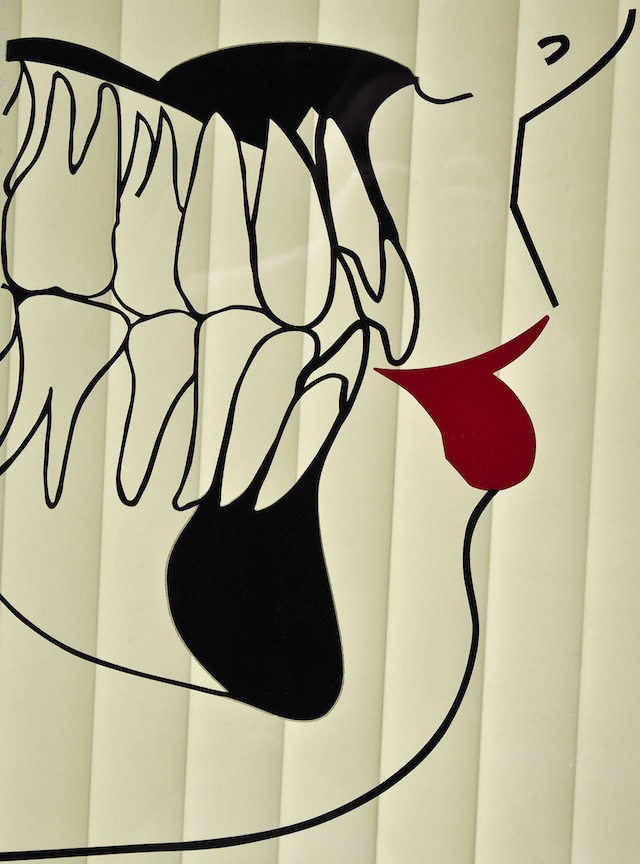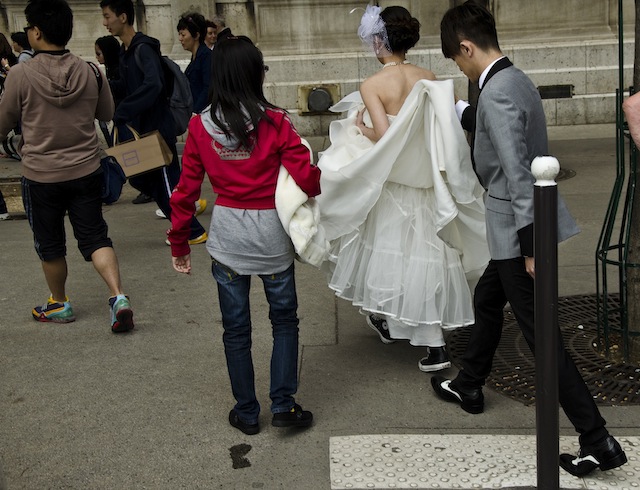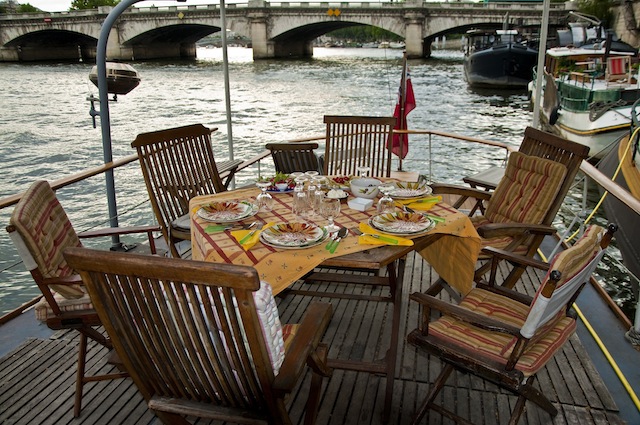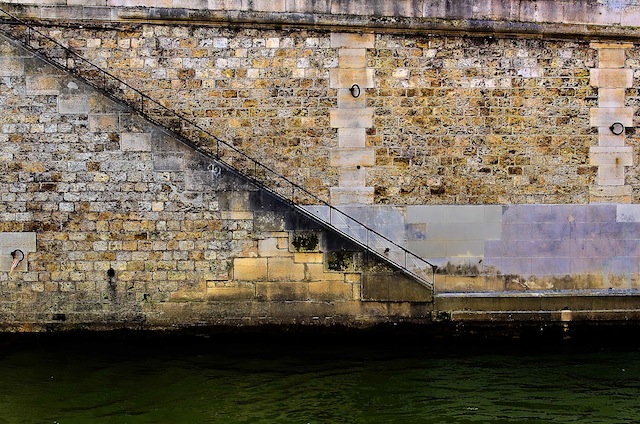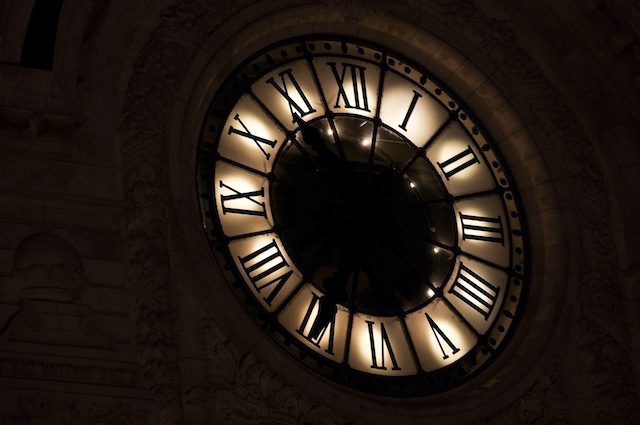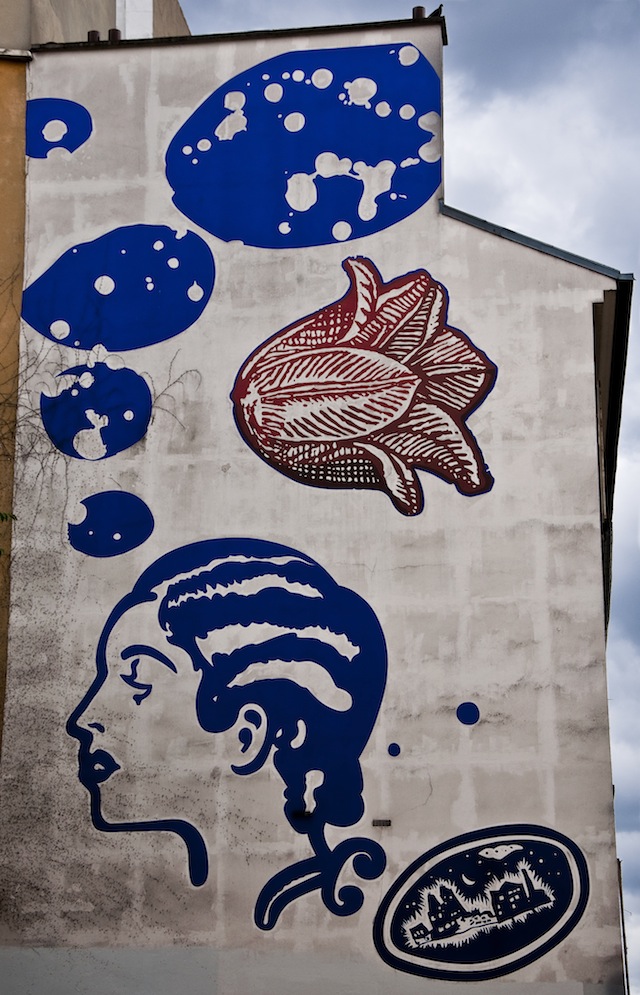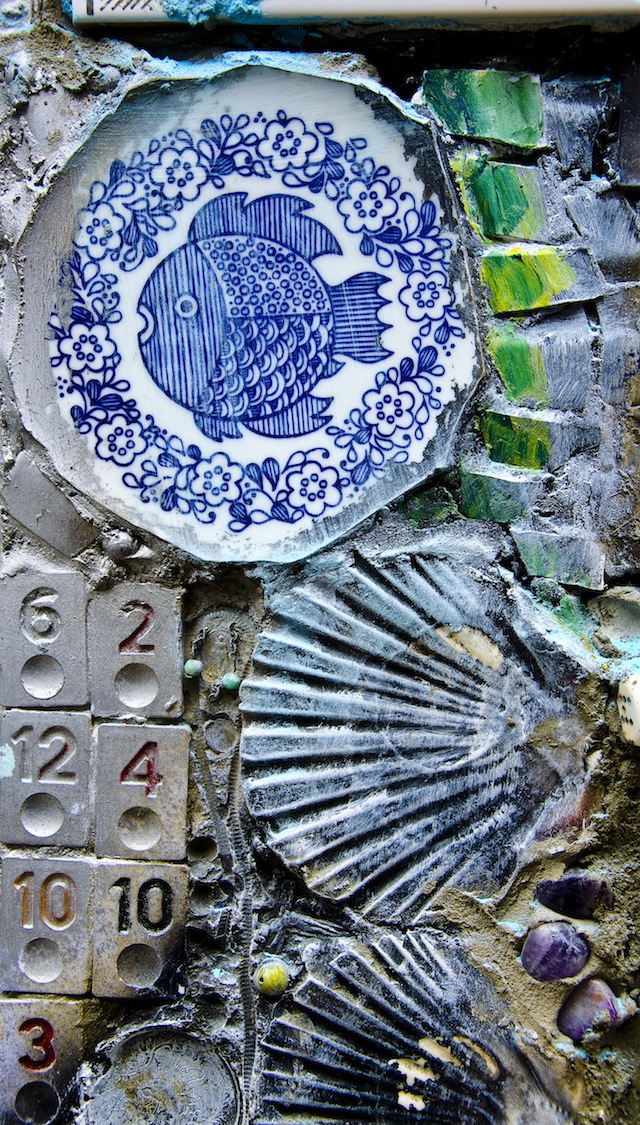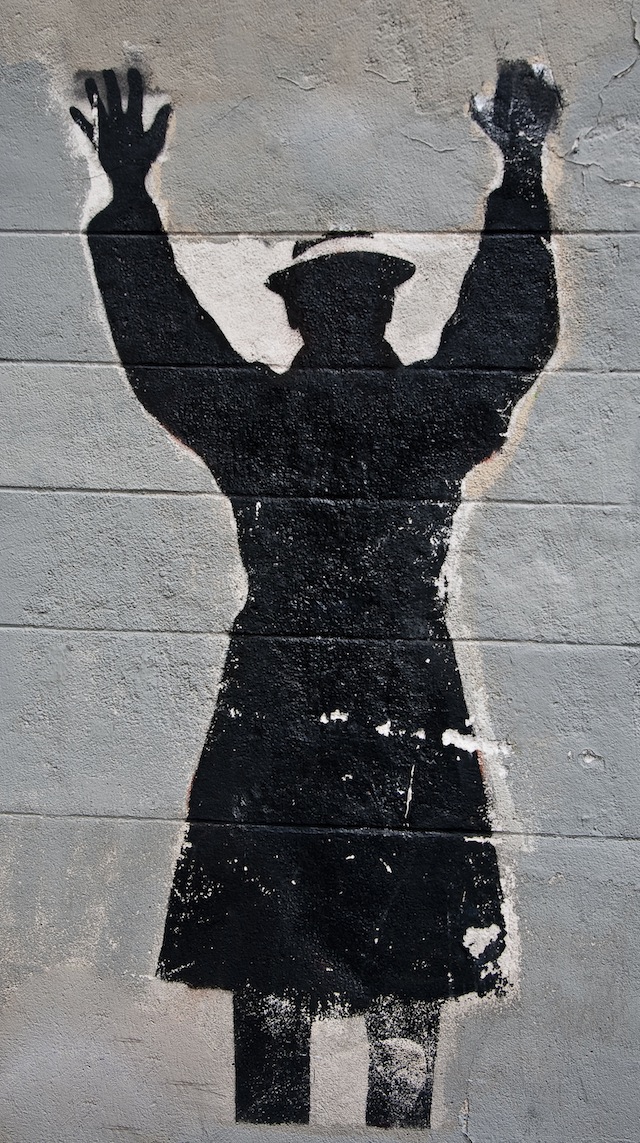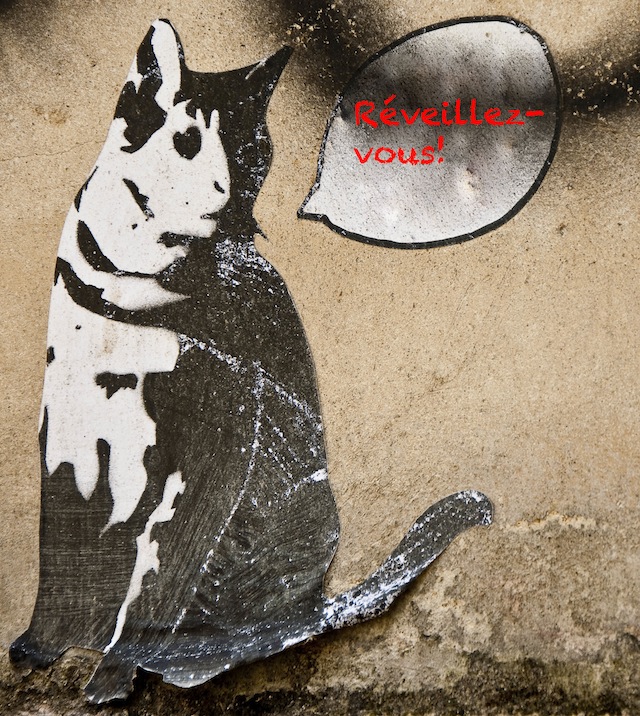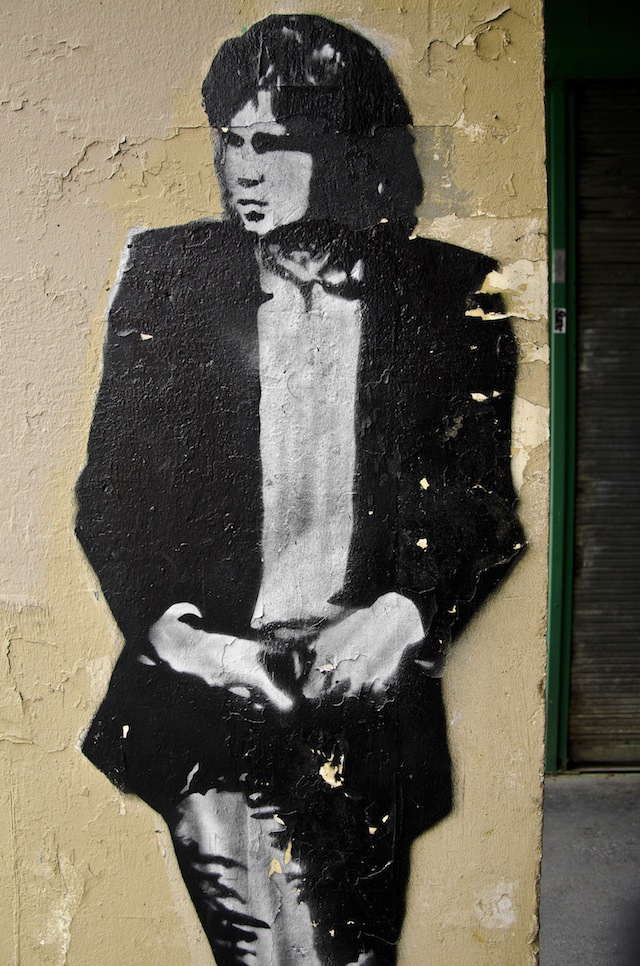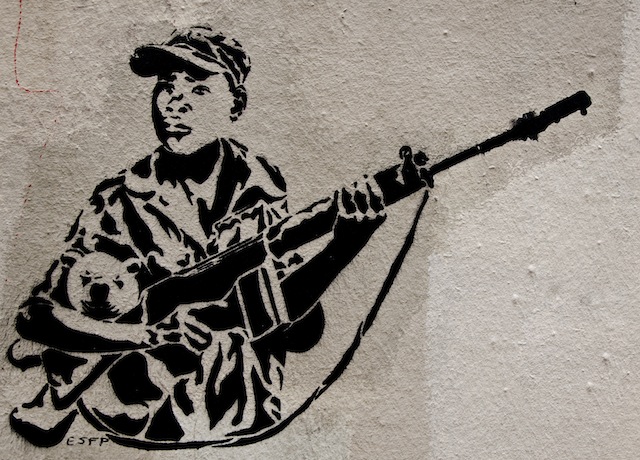Something odd happened at Kitty’s party, afterwards too, but first things first:
It was the second night of the Loire Valley wedding weekend. We hitched a thirty-minute ride with Alfonso and Gigi from Chinon to Bréhémont, the tiny village where Porter’s mother, Kitty, was giving a party for the wedding guests.
Alfonso had flown in the day before from China. Seven time zones away. No jet lag, he said. Not if you’re in your late 20s, there’s not. Alfonso’s job takes him all over the world.
I sat in back with his girlfriend, Gigi, who looks like a French Gigi should look: young, fresh and full of zest. The element of beauty is often the anomaly, and in Gigi, it’s her slightly Asian eyes in a classical French face.
We described our ecstatic cheese experience at
La Cave Voltaire. Gigi exclaimed that she had studied cheese-making in France for years, in college, no less. She had just returned from a year in Wisconsin as a cheese marketer, teaching cheese makers the concept of
terroir.
Terroir, she said, was both an agricultural region, and a practice of combining wines, cheese and other foods from the same earth that “go together” harmoniously.
I ask her if she knows the concept of synchronicity. Terroir sounds like the sensual counterpart to synchronicity, I say. No, she doesn’t, but when I describe it, we both agree that it’s somehow analogous to terroir, one emphasizing what goes together in space, the other in time.
Gigi was surprised at how excellent the Wisconsin cheeses were. She loved the United States, and wants to return there to live. Next time, try California, I suggest.
Kitty lives right next door to the bride and groom. She and Porter’s late father bought a house in Bréhémont. After he died, Porter bought the house next door.
At Kitty’s house, Porter stands in the courtyard in a barbeque apron, greeting friends, radiating his native Birmingham, Alabama charm. Louise is in the living room in a sleeveless, low-cut long dress, bright flowers against a black background, pale Irish skin, orange hair tied in a chignon, looking more beautiful than I’ve ever seen her. Nothing like a wedding to bring forth Aphroditean splendor.
Kitty stands in peach shirt and white pants in front of the fireplace of her fine old stone house. At the opposite end of the room, a boar’s head is mounted on the wall, with a gold hunting horn above it. Kitty describes how she found it in a Paris brocante shop and carried it home on her lap in the Métro. How people did stare! You can see where Porter got his charm. The French kings used to hunt boars in the forests around here.
I talk for a while with David, Porter’s oldest friend at the party, an Andover classmate. David, in black tee-shirt and jeans, a red bandanna around his forehead, has a strong nose and a way of getting straight to the truth. He had made a short film while he and Porter were in boarding school, based on Crime and Punishment. Porter had played the part of the policeman, and he was very good.
David and his wife and children live in NYC, where both work in theater. David began by writing original plays, then discovered that his true talent lay in adapting others’ stories for the stage. Next fall, Natasha begins four years at the High School of Music & Art/Performing Arts in NYC. “Flashdance,” David says.
Richard and I gravitate towards the big stone fireplace. David introduces us to his Greek-American wife, Erana, and their daughter, Natasha. Erana is as open and friendly as her daughter is closed and sullen. Nothing her parents say or do is right. Richard says later, “She’s a typical 14-year-old.” But judging from the sample pictures Erana shows on her iPhone of her daughter’s work, she has a true gift for painting.
The four of us talk about a possible swap with their apartment in Manhattan. Do they like cats? We can’t swap places with anyone who doesn’t want to live with Marley. They have three cats. Erana shows us pictures. Perfect. And after the kids have grown they’re thinking about moving to Paris.
Soon we meet another couple, Richard and Margarita. Both have sculpted Nureyev faces, high cheekbones, are lean and good-looking. They live in Sligo, Ireland, Yeats country, our favorite part of Ireland. Richard’s family have been merchants there for years, and knew Yeats. Margarita is a Russian mathematician. When they marry, it will be a second marriage for each.
They have recently bought and renovated, with Porter’s help, an apartment in Paris. Margarita is ready to move here; Richard, not yet. “You must help me persuade Richard to move to Paris,” she says to me in the deepest voice I’ve ever heard in a woman.
We file around the buffet spread, then all bring our plates to the low table in front of the fireplace.
Mora and Ludovic join us. They’ve just driven from Paris to Bréhémont. Ludovic is a tall slender Frenchman; Mora is Venezuelan, refreshingly ample-bodied after all the skinny minnies in Paris.
Mora is an architect who’s helping Porter renovate a client’s recently purchased apartment in the sixième arrondissement.
Mora, in black with a star-scattered scarf, dark eyes and gleam, tells us how she came to live in Paris. She attended the Sorbonne for college, continued on for a Master’s in architecture, then went on for a PhD.
From time to time, she’d go home to Venezuela and feel depressed, homesick for Paris. She realized she was getting one degree after another mainly in order to stay in Paris.
We wax eloquent about our love for this city. The first six new people we’ve met at this party, by some quirk, all gathered by the fireplace—from NYC and Greece, Ireland and Russia, Venezuela and France—all have a passion in common, a conviction that there’s no better place on earth to live than Paris.
After we’ve eaten, and stacked our plates in the kitchen, the “play” begins. The bride’s Irish family and friends set the tone. Nicola, one of Louise’s bridesmaids and former schoolmate at Trinity College in Dublin, recites a poem about a girl who sits on a porcupine, and has to be taken to the dentist and upended to have the quills removed from her bare bottom. The dentist has taken “things” out of these regions before.
Louise does a dramatic reading about tooth decay in the persona of an ancient hag, folding her lips over her teeth to create the impression of empty gums.
Richard and I had each brought a poem of ours to read to the bride and groom, but quickly discover that the spirit tonight is one of broad humor, Irish humor, which our poems don’t match. We sit back on the couch and admire the Irish genius for memorizing long stories and poems, one after the other.
On the ride home, Alfonso suddenly stops the car. There is a spiny creature waddling across the middle of the road. A porcupine? Or more likely in these parts, a hedgehog. Alfonso shines a flashlight into its eyes, hoping to inspire the little guy to scoot over to the side of the road. But the hedgehog is now terrified, and curls up into a ball.
Is this terror or terroir? Comedy or synchronicity? Coincidence in time or space or both? It is odd right after the long poem about a porcupine.
What to do? Alfonso returns to the car.
Gigi says, “You can’t touch him; he probably has mites.”
Alfonso returns and gently, gently with the toe of his shoe nudges the hedgehog to the side of the road.
We drive back to the Lion d’Or, and dream about porcupines and hedgehogs, terror and terroir, Kitty’s house and Paris, Porter and Louise, and new friends from around the world.
 10.8.2013
10.8.2013 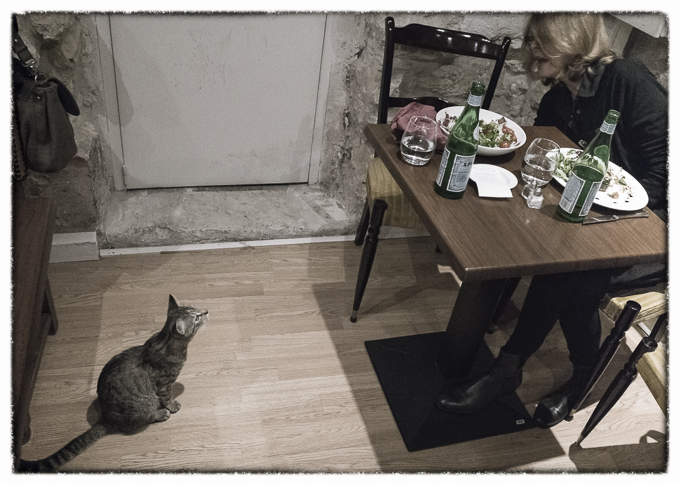
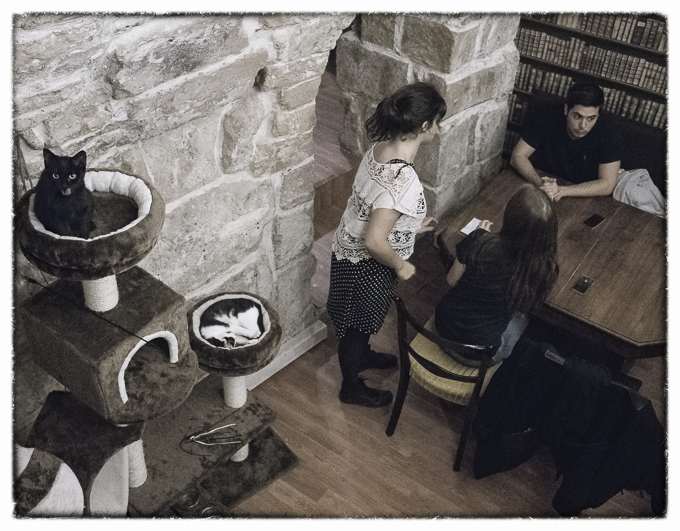
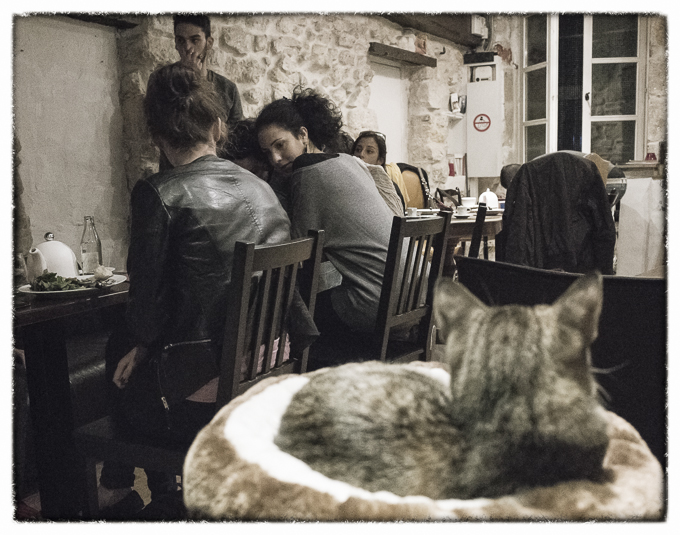
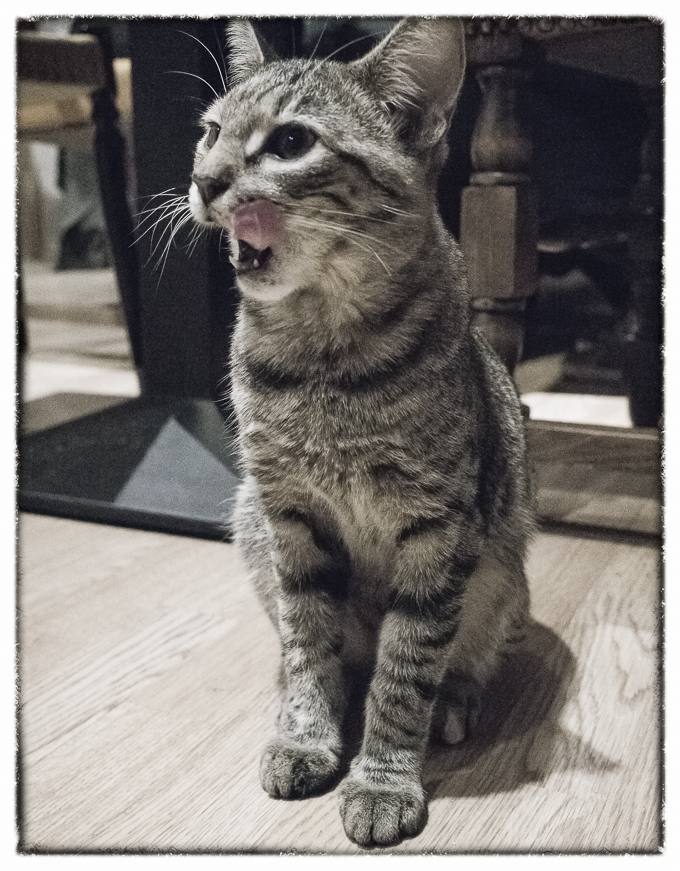
 Le Café des Chats,
Le Café des Chats,  Marley,
Marley,  cafes,
cafes,  cats in
cats in  Paris Life
Paris Life 

